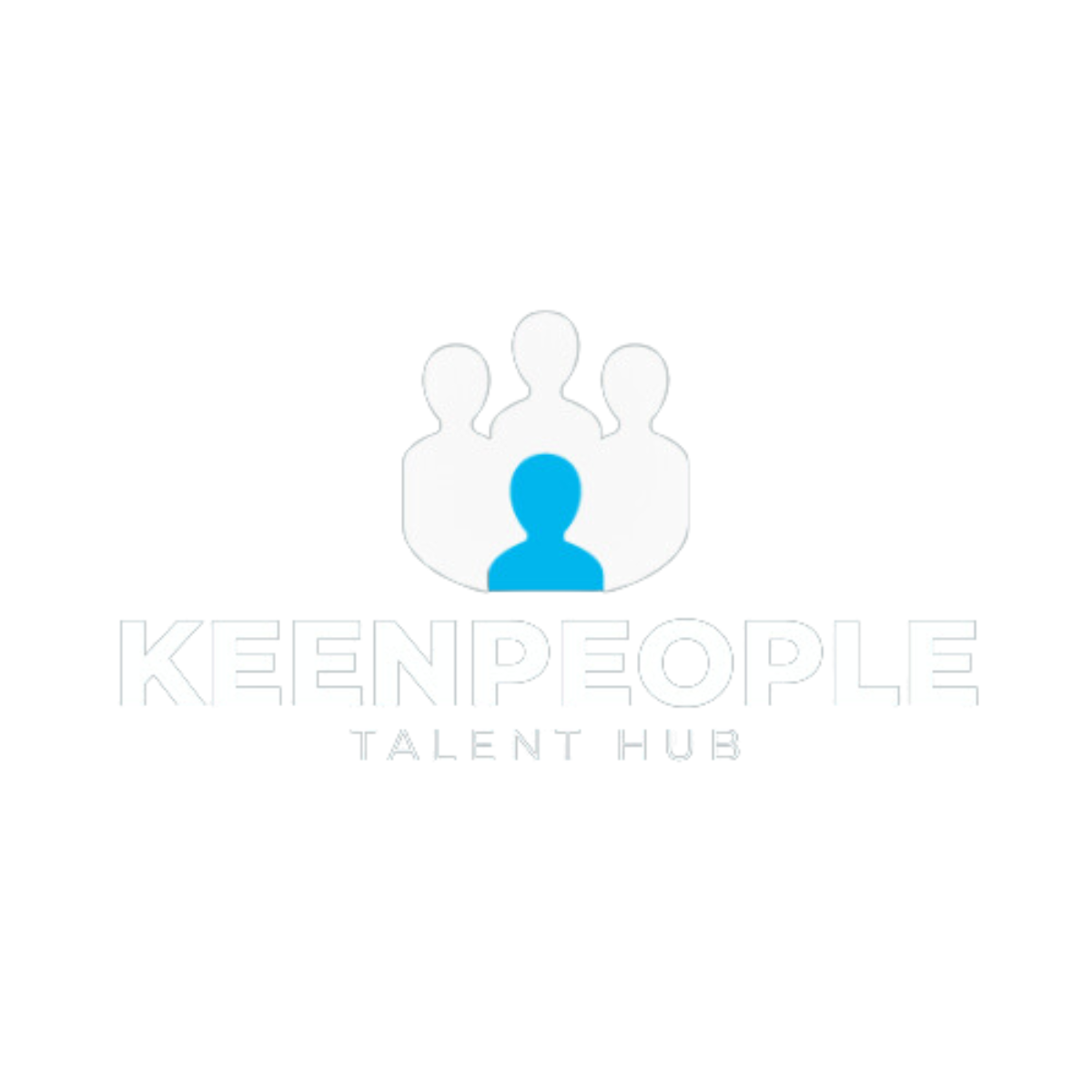The job market in 2026 is tougher than ever. AI screenings, micro-team hires, and multi-stage assessments mean preparation is key.
The Last Minute Hiring Rush That Nobody Talks About
Every December, something slightly chaotic and slightly magical happens in the world of hiring. Just when most people are slowing down and thinking about mince pies, travel plans and one last office quiz, companies suddenly realise they need to hire immediately.
The CV Guide for 2026: What Employers Really Want to See
The job market in 2026 is busy, competitive, and more digital than ever before. Employers are scanning hundreds of applications in seconds, so your CV must do more than list experience.
Salary Questions in Interviews: How to Handle the Conversation
Salary conversations in interviews can feel uncomfortable for many candidates. One of the most common dilemmas is whether you should speak first or wait for the employer.
The Overlooked Risk: Why HR Needs Cybersecurity Knowledge to Hire and Protect Effectively
In many organisations, cybersecurity is seen as the responsibility of IT. But in practice, Human Resources is deeply embedded in some of the most vulnerable processes within a business. These include recruitment, onboarding, data storage, and internal communication. When HR teams don’t understand the core principles of cybersecurity, it can create serious issues. These problems are legal, operational, and reputational.
When Job Offers Turn Into Scams: The June 2025 WhatsApp Fake Recruiter Attack and Why It Matters
Cybersecurity isn’t just a concern for IT teams anymore. Sometimes, the threat is deeply personal.
Rethinking Overqualified Candidates: Are We Missing Out on Top Talent?
Hiring managers often hesitate when they see an overqualified candidate applying for a role. The assumption? They’ll be bored, expect too much, or leave as soon as a better offer comes along. But what if we’re looking at it all wrong?
Step-by-Step Guide: Using LinkedIn to Boost Your Job Search Exposure
LinkedIn is more than just a professional networking site, it’s a powerful tool that can significantly impact your job search. Employers, recruiters, and industry leaders use LinkedIn to find top talent, and if you’re not optimising your presence, you could be missing out on career-changing opportunities.
Beyond the Quick Fix: Building a Recruitment Strategy for Explosive, Sustainable Growth
We’ve all been there: the rush to fill a role quickly, only to find ourselves back at square one a few months later. It’s a frustrating cycle that drains time, energy, and team morale. Recruitment shouldn’t just be about plugging gaps; it’s about building something solid that sets your business up for the long haul.
The Role of Technology and Innovation in Attracting Gen Z Talent
Let’s talk about Gen Z—the digital natives shaking up the job market in the best way.










